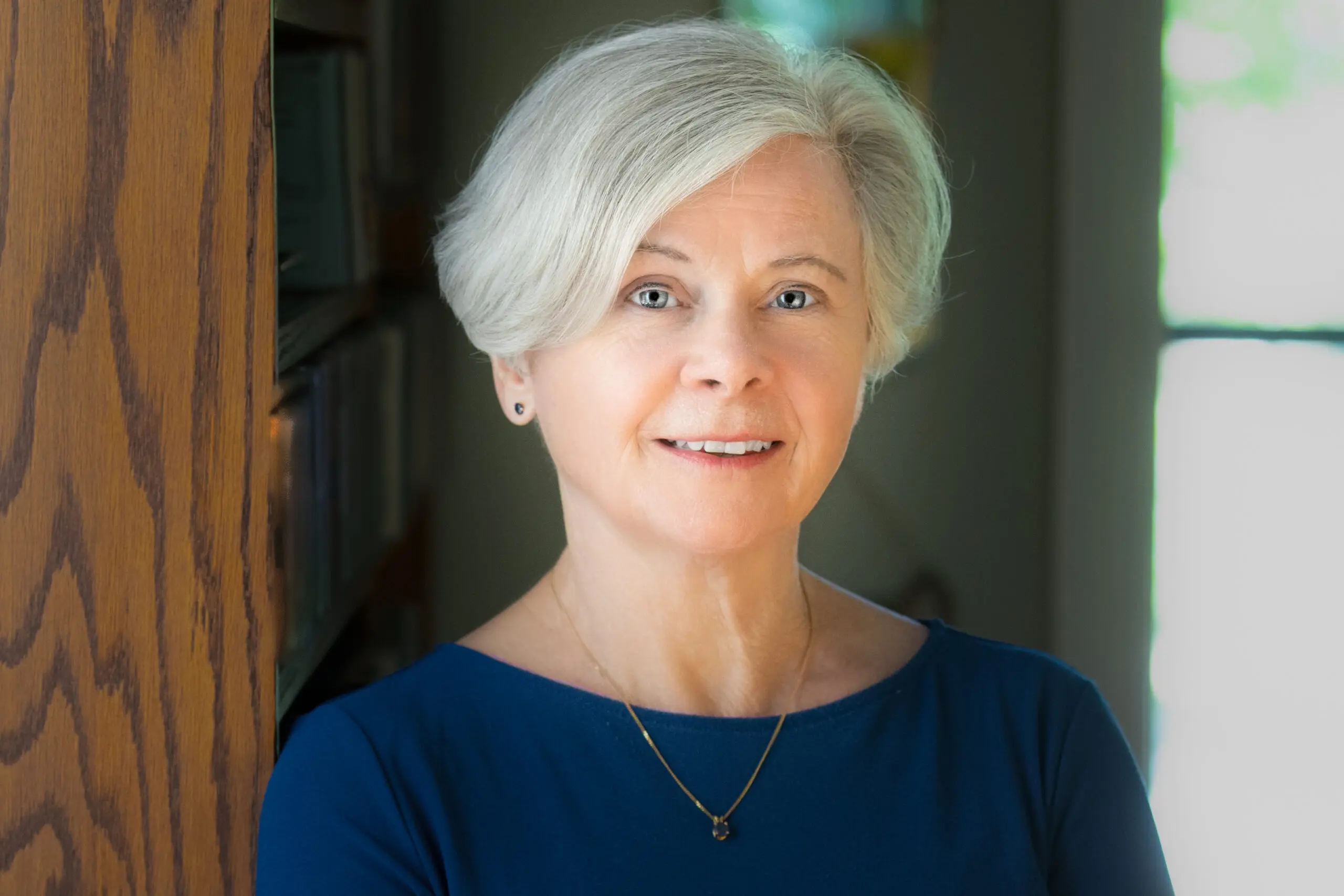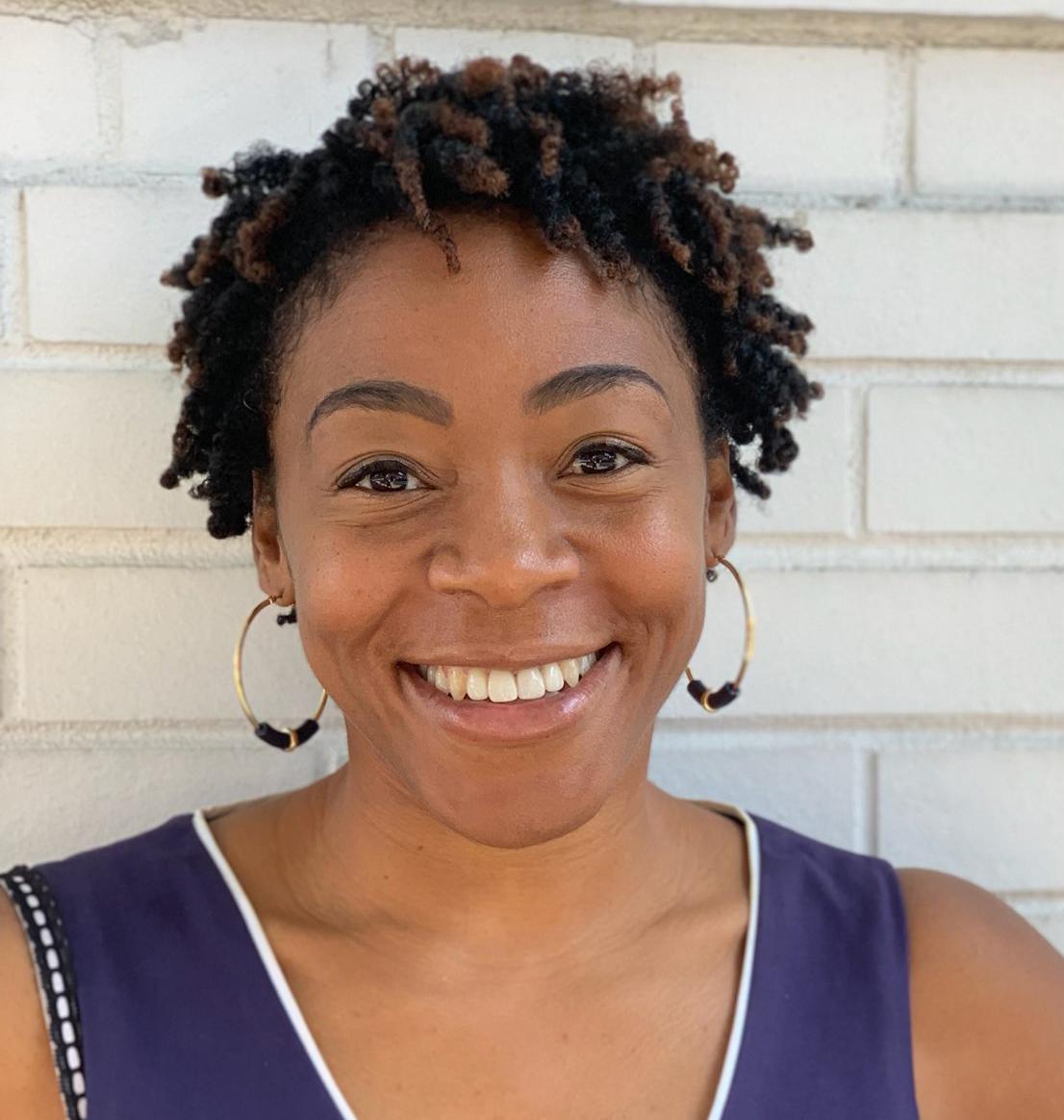Positive youth development (PYD) is a strengths-based approach used by programs to support the development of young people’s skills, nurture their interests and values, seek and incorporate their input, and connect them to positive adults and useful resources. Appreciation for the value of youth development has grown in recent years—both because its positive approach is attractive to staff in programs that serve young people, and because an increasing evidence base from research and evaluation studies demonstrates its benefits. As a result, interest in PYD has expanded beyond more traditional youth development programs to different types of programs, including employment readiness, risk behavior prevention programs, and summer programs.
At the same time, program leaders who work with youth and young adults have sharpened their focus on inequities that youth of color experience due to their racial or ethnic backgrounds, and the disparities in their outcomes that result from these inequities. Despite some notable progress, such as declining gaps between racial and ethnic groups in rates of high school graduation, teen childbearing, and infant mortality, racial and ethnic inequities and discrimination remain an issue in the United States. This has led to discussions about appropriate and effective interventions to enable youth of color to develop positively and successfully.
Our work and emerging research on positive youth development suggest that racial equity is an important framework to further enhance the development and outcomes of children and youth of color. PYD and racial equity practices are complementary, and a focus on racial equity is critical to strengthening programs that implement a PYD approach.
The primary purpose of this brief is to explain how programs that use a PYD approach (PYD programs) can embed a racial equity perspective so that they can more effectively engage with, support, and meet the needs of youth and young adults of color whom they serve. To do so, we begin by defining the terms positive youth development and racial equity lens. Next, we provide a set of principles to guide all PYD programs, regardless of their setting, in embedding a racial equity perspective in their practices. Finally, as an example of a new setting for using PYD, we provide information about the Annie E. Casey Foundation’s Generation Work initiative, a workforce training model for young adults, and highlight some ways in which Generation Work is embedding a racial equity perspective in its practices.
Download
Download
© Copyright 2025 ChildTrendsPrivacy Statement
Newsletter SignupLinkedInYouTubeBlueskyInstagram

